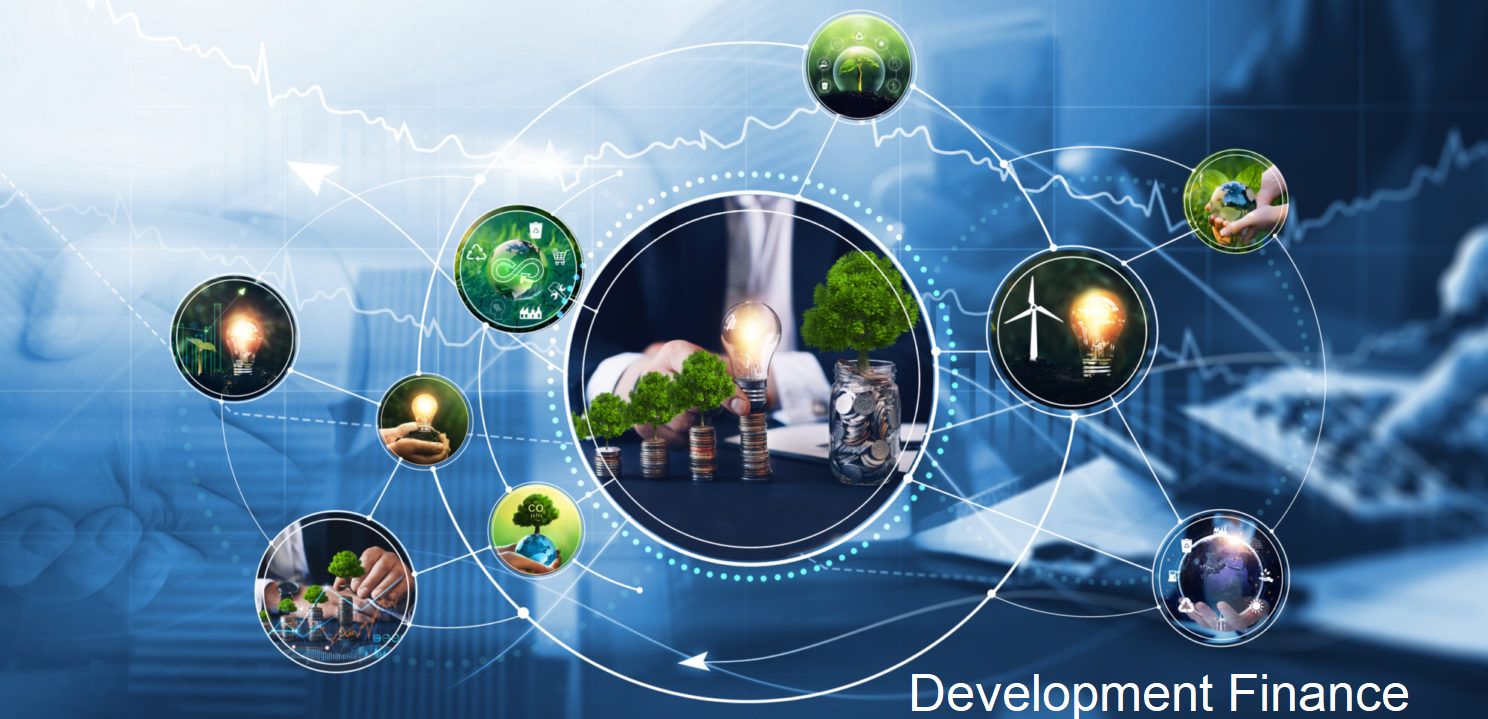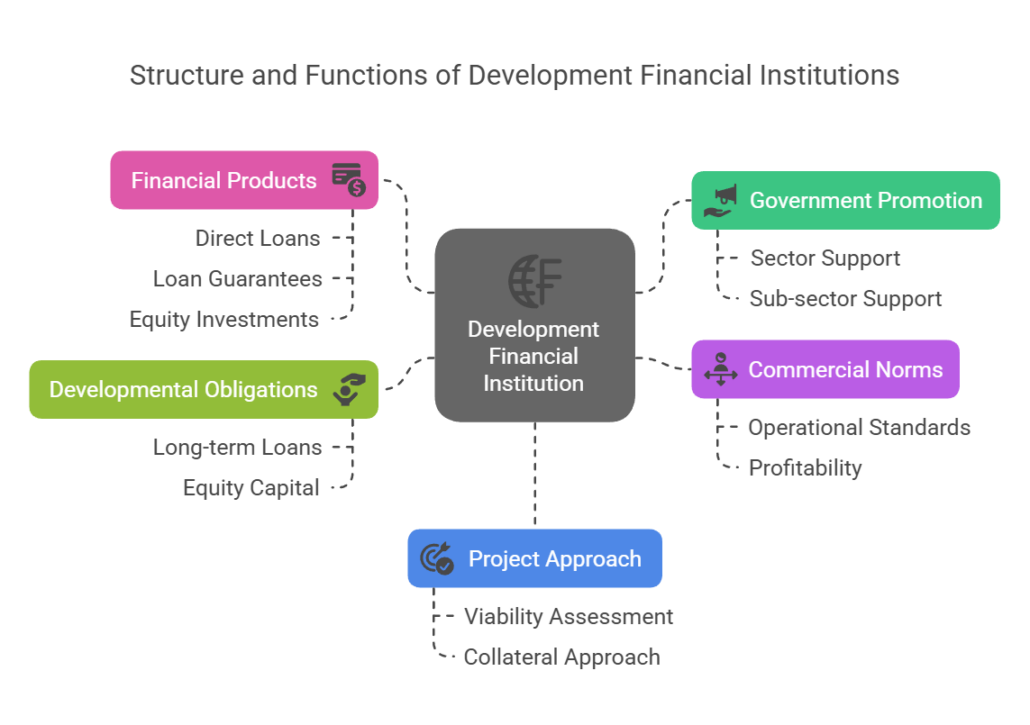
Categories
Tags
2019 adi purana bhawna Building Bye Laws Building Regulation Building Services Commercial Cultural heritage Development Finance English Translation Forum Government Project Health Care Hospital Housing Illumination Indo-Islamic architecture Interior Interior Design Resources Ishtopadesh Jainism Jaipur JDA Khandelwal Jain Samaj Land use and Transport Planning Panchayat Samiti Planning Planning Legislations Professional Practice Project Planning and Management PPM Projects Puja PurusharthSiddhiUpay Renovation Residential Scheme Summary swadhyay Theory of Design urban development Management Urban Development Policies Urban Infrastructures & Network Vidhan Villas Ward


1 Comment
[…] Development Finance Institution […]